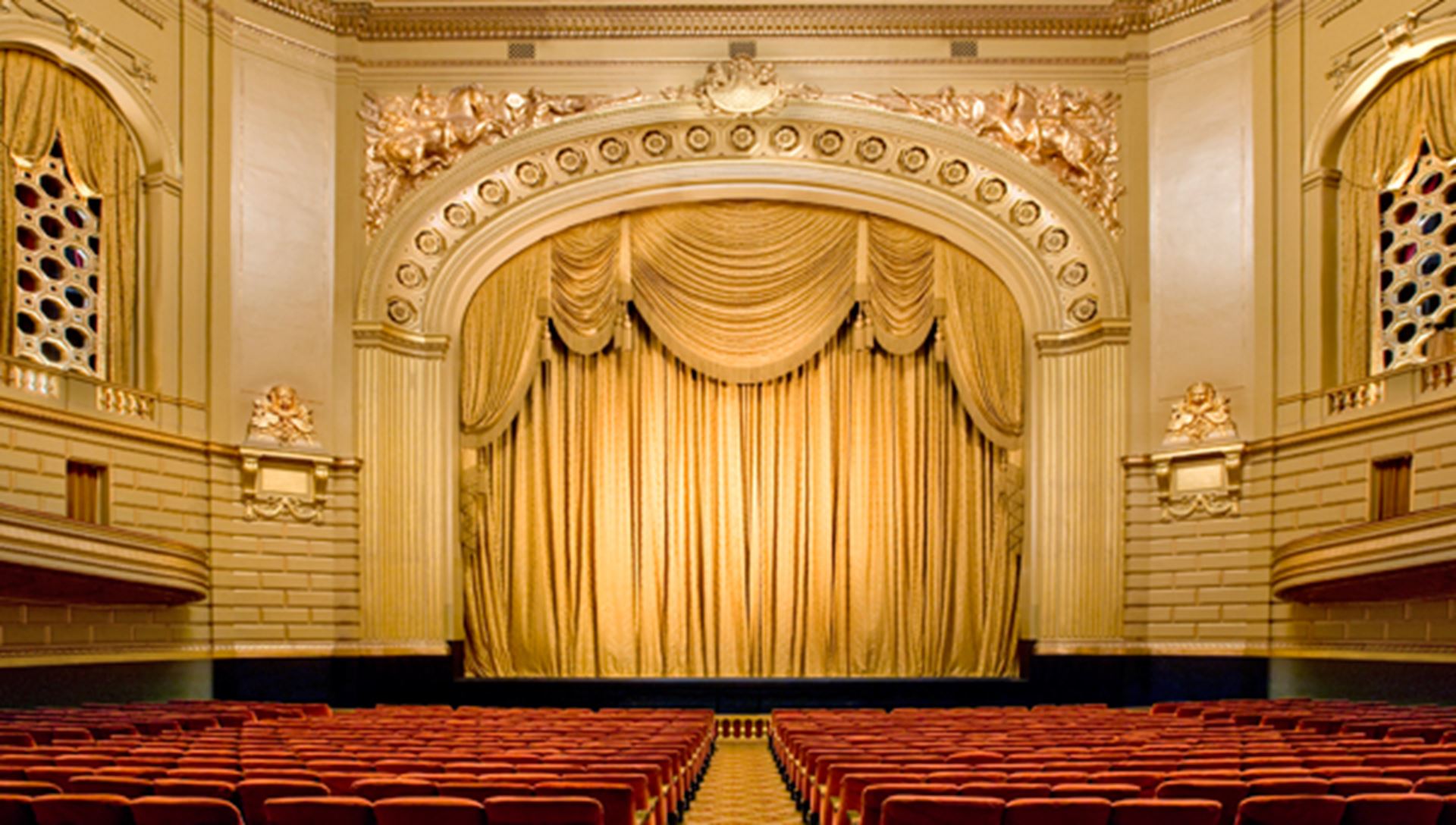
American Expansion and Imperialism

In 1853, three ships from the United States traveled to Japan and forced the Meiji Emperor to reopen Japan’s borders. This led to a number of other Western countries to compete for desirable sea ports for their goods. Meanwhile, Western governments set up enclaves in Shanghai, essentially splitting the city up into pieces of property that were dominated by Western governments. Western missionaries also found Asia to be a place to spread the teachings of whatever church they believed in.
Essentially, American Expansion and Imperialism in Asia reflects the world of Madame Butterfly. The dominant Western force, in this case, Pinkerton, demands what he wants. He does not care about the effect his desires want on the people he comes into contact with. Butterfly is the subservient force. She bows to his whim and succumbs to the idea that he will take her away and love her forever. She accepts his portrayal of her as his Japanese doll and believes that, through marriage, she is American, which also portrays her as innocent, almost gullible. Whether or not he meant to, Puccini has written an operatic version of American expansionism and Imperialism in Asia.

Miki Kaneda, a Professor of Music, penned an article for the SF Chronicle entitled “Why is aggressively racist ‘Orientalist’ opera still a thing?” She writes about teaching Madame Butterfly right after the Atlanta Spa Shootings in March of 2021. She writes that, in light of the Covid Pandemic and the shootings in Atlanta, teaching operas like Madame Butterfly and Carmen emphasized their violence and dehumanization of “the Other.”
Western expansionism and imperialism, by definition, is made up of two halves. One is the dominant and one is the subservient. The nature of imperialism is such that the dominant must violently dominate the subservient. Of course, violence has many meanings. It can be as simple as forcibly taking land away from its rightful owners, it can be as complicated as negotiating treaties on the way to looking for ports for trade. Either way, there is a violence and an expression of Orientalism in the West expanding into the East that must be addressed.

In Madame Butterfly, if we continue with the idea that Puccini has unwittingly written a metaphor for Expansionism and Imperialism, Pinkerton displays the most simple of expansions. He buys a fifteen year-old girl to be his “wife.” In today’s terminology, that would be sex trafficking. However, in Puccini’s day and the fact that Cio-Cio is Japanese, it is considered normal and beautiful that she remains loyal to him for years after he abandons her. He calls her his toy, his butterfly that he can pin to the walls in order to trap her. That is violence, not only against a human being, but, essentially, against the non-Western world.
Kaneda frames her opinion piece against the shootings in Atlanta and I frame this essay against a world that is fighting for its right to be an equal society, a world that must fight against the rightwing extremism that tells the world that discrimination of any kind is tolerated, especially against the AAPI community who have been hiding in the shadows of Western Expansionism and Imperialism for far too long.


